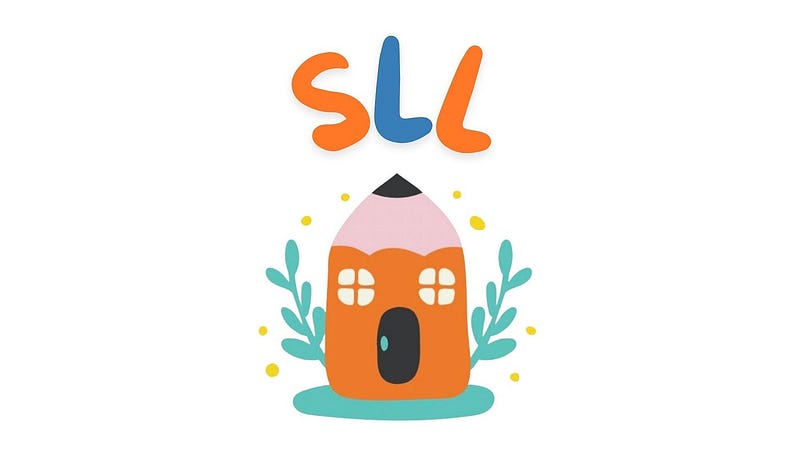Unlocking the Secrets of Neuroscience: A Comprehensive Guide
Written on
Chapter 1: Understanding Neuroscience
Neuroscience stands out as one of the most fascinating fields of study. It delves into the nervous system, which is the foundation of our perceptions and actions. An intriguing aspect of neuroscience is that we do not passively experience the world; rather, we actively create our understanding of it.
The applications of neuroscience are vast. It can help us comprehend memory processes, leading to improvements in learning techniques. This has sparked a trend where various products and services are marketed with a "neuro" prefix, often without substantial scientific backing. Caution is advised; terms like neuro-marketing and neuro-politics can sometimes be misleading. In this article, I aim to share effective methods for learning neuroscience along with valuable resources to kickstart your journey.
Ready to dive in?
Section 1.1: Meta-Learning Strategies
Meta-learning involves grasping how knowledge is organized. To illustrate, if I were to study machine learning, I would first seek out university programs that outline a step-by-step approach to learning. Fortunately, there are numerous neuroscience programs available.
For instance, the curriculum from the neuroscience lectures where I served as a teaching assistant for over five years includes:
- Week 1: Introduction to Neuroscience
- Week 2: Neuroanatomy I
- Week 3: Neuroanatomy II
- Week 4: Action Potentials
- Week 5: Synapses
- Week 6: Somatosensory System
- Exam I
- Week 7: Language
- Week 8: Learning and Memory I
- Week 9: Learning and Memory II
- Week 10: Emotions and Stress
- Week 11: Psychopharmacology
- Week 12: Exam II
Search online with "Neuroscience" + "University name" + "program" to find many engaging options.
Section 1.2: Effective Learning Techniques
It’s essential to avoid studying by simply rereading and highlighting material. If you've read my previous articles, you may already be aware of this. Retrieval practice is a straightforward yet highly effective study method. Techniques such as spaced repetition, interleaving, and interrogative elaboration are also vital components of efficient learning. For a deeper understanding of these strategies, refer to my earlier writings.
Additionally, I recommend steering clear of re-watching videos. This method resembles rereading and does not facilitate the transfer of information from short-term to long-term memory. Instead, focus on actively recalling what you’ve learned.
Subsection 1.2.1: Hands-On Projects
One enjoyable and impactful way to deepen your understanding is through project work. You might consider writing extensive essays about your areas of interest within neuroscience. For instance, I once explored consciousness by outlining both the "easy" and "hard" problems, discussing how neuroscience has addressed these challenges, and highlighting significant discoveries as well as future directions based on scientific literature.
Feel free to apply this method to your chosen topics.
Chapter 2: Additional Resources for Learning
There is an abundance of excellent resources available for those wishing to study neuroscience. Websites like MIT OpenCourseWare, MIT’s YouTube channel, EdX, and Coursera offer well-structured courses filled with valuable insights. Don't overlook the importance of reading books as well. Here are some recommended resources:
- Free Online Courses:
The Medical Neuroscience course from Duke University is one of the most comprehensive courses I’ve encountered, and I wholeheartedly endorse it—especially since it’s free unless you want a certificate.
Recommended Books:
I thoroughly enjoyed studying Physiology of Behavior during my university years. It’s accessible for beginners and emphasizes behavior. If you aim to master neuroscience, Principles of Neural Science is the right choice, though be prepared for its nearly 1800 pages. For absolute novices, I recommend starting with Physiology of Behavior.
I hope these insights motivate you to embark on your neuroscience learning journey. If you're genuinely passionate about these topics, consider pursuing degrees in Psychology, Biology, Physics, or Computer Science. Numerous Master’s programs in Cognitive Neuroscience are also available worldwide.
In the meantime, I trust these suggestions will aid you in understanding the nervous system better.
The first video, "How to Learn Computational Neuroscience on Your Own," offers a self-study guide to mastering this complex field.
The second video, "How to Learn Computational Neuroscience Fast," presents efficient strategies for rapid comprehension of key concepts.

My Top Learning Articles:
- Learn Anything With Ultralearning
- The 9 Ultra-learning Principles In A Nutshell
- How I Learned German in 2 Months For Free Using Ultralearning
- Make Learning Your Superpower
- Stop Reading Books Without Doing This
Thank you for your time!
See you,
Axel